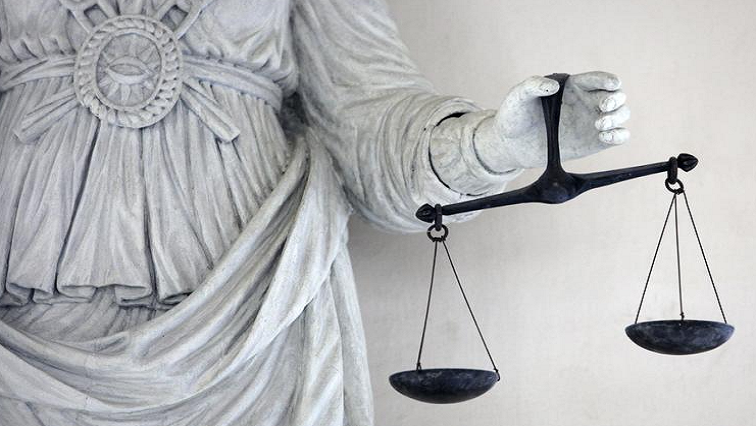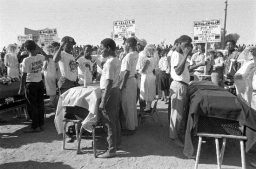The son of one of the Cradock Four, Lukhanyo Calata, says he’s not confident that the National Prosecuting Authority (NPA) will prosecute outstanding cases unless forced by a court of law.
On the 36th anniversary of the Cradock Four’s burial on Tuesday, Calata launched an application to compel the NPA to bring to book the 1985 murderers of Fort Calata, Matthew Goniwe, Sparrow Mkhonto and Sicelo Mhlauli.
The quartet had been accosted by apartheid police on their way to a United Democratic Front (UDF) meeting. Their burnt bodies were found a few days later in bushes.
When South Africa transitioned into democracy – the Truth and Reconciliation Commission was set up, where perpetrators could seek amnesty for apartheid crimes if they fully disclosed their involvement in the crimes they committed. It was understood that that those who failed to appear before the TRC would then be actively pursued and prosecuted by the NPA. However, that has not happened.
“There was a lot that was expected of the successive administrations of former presidents Thabo Mbeki, former president Kgalema Motlanthe even though he was there for a short while. Unfortunately that work we are expecting to be done by the current administration of Cyril Ramaphosa,” says the founding director of the Fort Calata Foundation, Lukhanyo Calata.
Former TRC Commissioner, Dumisa Ntsebeza, wrote a supporting affidavit in which he calls for the president to appoint a commission of inquiry. He says government is failing to prosecute known persecutors.
“The fact that we are still calling for prosecution is in fact a scandal and it’s something that the NPA or the South African government, the post apartheid government should explain to the people of South Africa, says advocate Ntsebeza.
The legal application cites former apartheid president FW de Klerk as a respondent – saying he could provide insight into the informal agreement that some crimes and violations of human rights during the oppressive regime would not be brought to court.
“What De Klerk needs to come out to this country and tell us is – who are the ANC leaders that got into the agreement to not prosecute TRC cases. What did he say in the meeting of 10 June 1985 when the state security council on the permanent removal of Fort Calata, Matthew Goniwe and Mbulelo Goniwe from society? What did FW De Klerk say in that meeting?,” asks Calata.
The FW de Klerk Foundation declined to join the panel discussion on the matter – claiming it would not be given a fair platform.
Meanwhile, the NPA has reassured that the agency is no longer politically-influenced and committed to chasing apartheid cases.
Calata say he cannot rely on the NPA’s word and believes this legal route is the only way to achieve justice.






